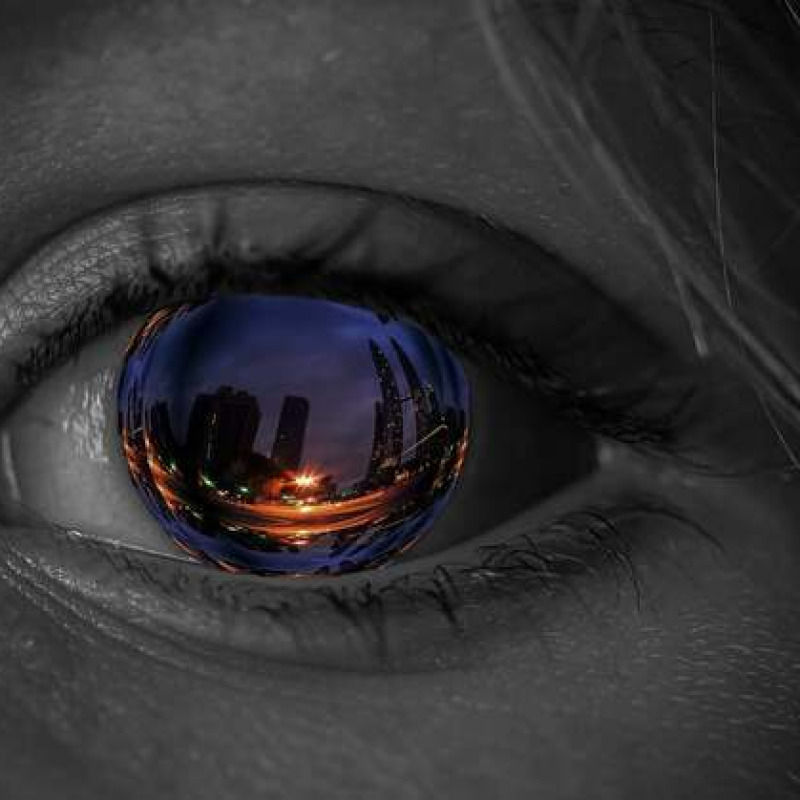
© ANSA
Our brains deceive us: they don’t faithfully reflect reality but construct it on the basis of what we have seen shortly before, making an average between what is happening before our eyes and what has happened in the past, according to a study by the Higher International Advanced Studies School of Trieste, published in the Journal of Neuroscience. The phenomenon is due to the discrepancy between the brain’s limited resources and the superabundance of stimuli that bombard our senses: this distortion in perception, in fact, reflects the brain’s need to find regularity in the external world, making it more predictable and therefore easier to manage.
In order to study the phenomenon, the researchers led by Michele Fornaciai asked a group of volunteers to observe on a computer screen groups of black and white dots presented in a very short sequence. They thus observed that perception was actually conditioned by the images that had already been seen: “A group of objects was judged to be, for example, larger or more numerous than it actually was,” says Fornaciai, “depending on whether the participant had previously seen a larger or more numerous group of objects”.
Further, the results indicate that the illusory perception is generated by the visual neurons, which combine the sensory information present with traces of past information.






Caricamento commenti
Commenta la notizia